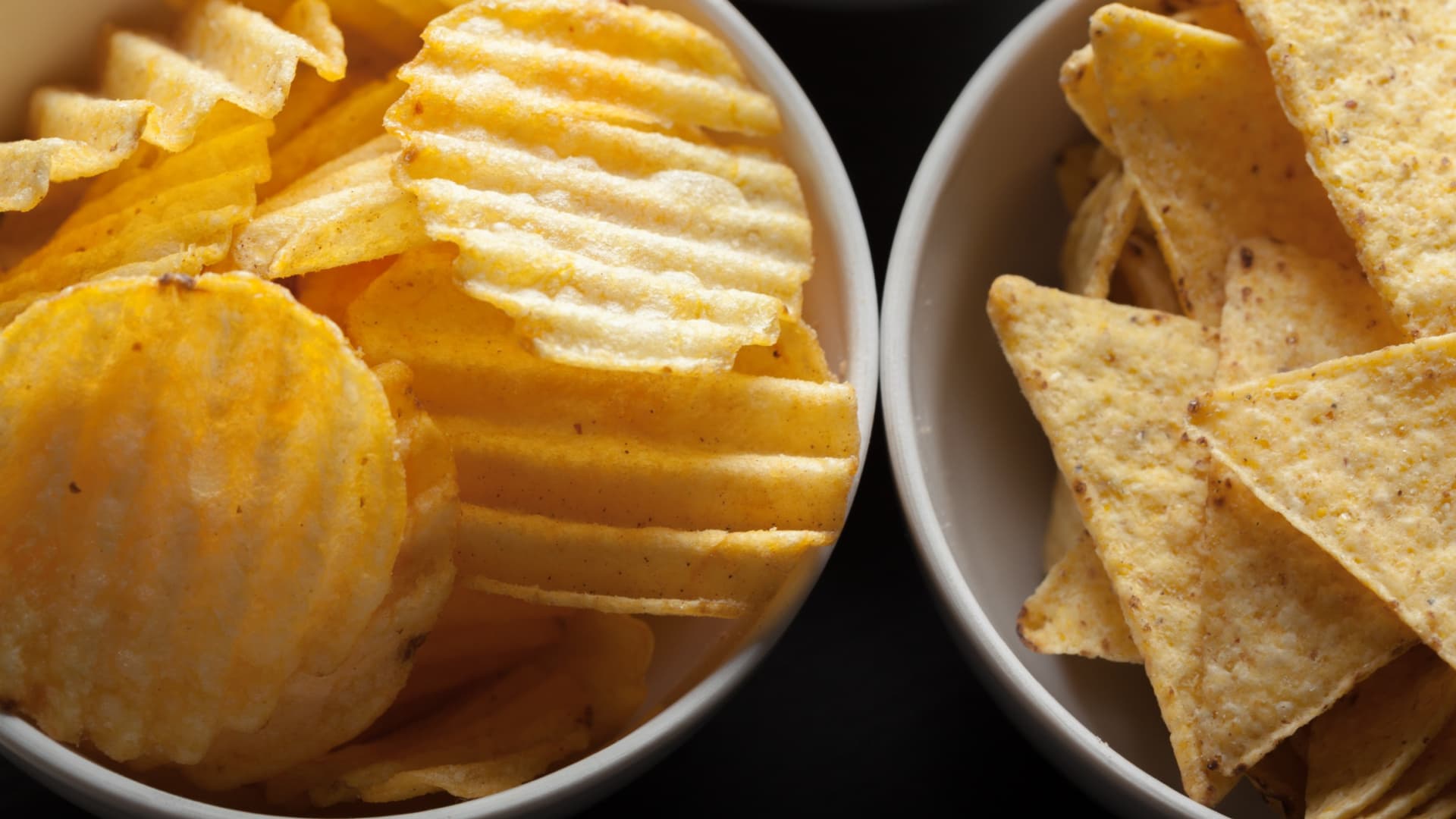The Importance of Choosing Healthy Snacks for Your Overall Health

New research presented at Nutrition 2023 showed that higher-quality snacking, including foods associated with the Mediterranean diet, is linked to better blood lipid and insulin responses. The study, part of the PREDICT project, found that the quality of snacks consumed, not the quantity, is associated with improved cardiometabolic health outcomes, emphasizing the importance of choosing nutrient-dense snacks over processed options and avoiding late-night snacking.
New research presented at Nutrition 2023 at the annual meeting of the American Society for Nutrition (ASN) explored the relationship between snacking habits and cardiometabolic health.
The researchers analyzed data from 1,001 United Kingdom-based participants. They found that higher-quality snacking, including consuming foods closely associated with the Mediterranean diet, was linked to better blood lipid and insulin responses.
The results appear to show that it is possible to see differences in markers of good health such as blood glucose, cholesterol, triglycerides, and insulin resistance based on peoples’ reported snacking habits.
According to Kate Bermingham, a researcher and study presenter at ASN, the research was part of a more extensive study known as PREDICT, the largest personalized nutrition study in the world.
“The aim of this snacking study was to answer key questions relating to whether the act of snacking per se is associated with unfavorable cardiometabolic health outcomes or whether the quality of snack foods is more important,” she told Olive Oil Times.
See Also:Health News“To date, surprisingly little has been published on snacking despite it accounting for 20 to 25 percent of energy intake, making this a valuable resource paper which we hope will be of interest,” Bermingham said, adding that more than two-thirds of people reported snacking daily.
Simon Poole, a physician and nutrition instructor for the Olive Oil Times Education Lab, who was not involved in the study, agreed that the study’s results are fascinating.
“The results appear to show that it is possible to see differences in markers of good health such as blood glucose, cholesterol, triglycerides, and insulin resistance based on peoples’ reported snacking habits,” he told Olive Oil Times. “Higher-quality snacks were associated with better results, even though the period of the study was only a few days.”
“We found that the amount you snack didn’t have a major impact on health,” Bermingham added. “It was the quality of snacks that was linked with your health.”
The time that people snack is a critical factor; snacking late at night reduces overnight fasting time and is associated with unfavorable blood sugar and fat levels. Snacking is an independent modifiable dietary feature that may be targeted to improve health.
According to Medical News Today, the study participants were approximately 73 percent female, with an average body mass index (BMI) of 25.6, classified as slightly overweight.
Data relied on self-reporting of quality, quantity and timing. Participants self-reported cardiometabolic markers, including blood lipids, glucose and insulin levels.
“High cholesterol levels and markers of poor glucose metabolism observed in this study with low snack quality have been linked with an increased risk of heart disease and type 2 diabetes,” Poole said.
High-quality snacks were foods containing significant amounts of nutrients relative to calories. For the study, participants monitored their snack intake over two to four days.
On average, 95 percent of the participants ate at least one daily snack. The average of snacks per day was 2.28, making up about 22 percent of daily calories.
“Many people believe snacking is an unhealthful dietary behavior,” Bermingham said. “This research addresses key questions on whether snacking is associated with unfavorable health outcomes or whether it is all about the quality of foods eaten as a snack.”
“This work is particularly timely given the growing habit of snacking, a huge variety of snack foods on the market and the prevalence of nutrition-associated disease,” she added.
Poole said that while snacks contribute a small part of a person’s total dietary intake, they still have a tangible impact on health markers.
“Advertisers of poor-quality processed snacks might encourage consumers to believe that such ‘treats’ can be part of a healthy lifestyle, but it is clear that regular consumption can have negative effects,” he said.
According to the Harvard T.H. Chan School of Public Health, snacks may be part of a healthy diet but can also lead to health problems. Ideal snacks often feature nutrient-dense snacks such as raw vegetables, fresh fruit, nuts and plain yogurt.
Harvard outlines a self-directed process to incorporate snacks into a meal plan and ensure snacks are working beneficially in the overall diet.
The steps involve self-reflection and mindfulness to understand the mechanisms of snacking. Self-inquiry includes understanding when snacking occurs, why snacking occurs, what snacks are satisfying, and how much is enough to satisfy snacking urges.
Harvard describes the qualities of different snacks by their characteristics, such as crunchy, creamy, sweet or savory. Within each quality, consider nutritious snack selections to satisfy a particular quality. For instance, crunchy snacks could include raw vegetable sticks, nuts, seeds, whole grain crackers or an apple.
In addition to quality, snack timing plays a significant role in blood glucose and lipid levels. The U.K. researchers found that consuming most snacking calories after 9 p.m. was linked to worse blood glucose and lipid levels.
The researchers noted that snacking frequency, calorie count, or food quantity were not linked with any measures of cardiometabolic health.
Snacks, especially quality snacks, can contribute to health and nutrition. Rather than being considered a problematic category, snacking can be reframed as a time to enhance nutritional quality.
“There is nothing wrong with snacking when good quality foods are consumed such as a piece of fruit, vegetables like carrots or celery dipped in hummus, a few olives or a handful of unsalted nuts,” Poole said.
Poole shared his go-to combination for a healthy snack as a Mediterranean diet specialist.
“My favorite Mediterranean-style snack combines fresh berries, nuts, and seeds with Greek yogurt and a sprinkle of nutmeg,” he said.
“This provides a satisfying and tasty combination of ingredients beneficial for glucose metabolism, insulin sensitivity, and the gut microbiome, with healthy fats beneficial for cholesterol levels as well as plenty of polyphenol compounds that have beneficial antioxidant and anti-inflammatory effects,” Poole added.
This new research highlights that snacking quality is more important than the quantity or frequency of snacking.
“Advising the public to choose high-quality snacks such as nuts over highly processed unhealthful snacks is likely beneficial,” Bermingham said. “Another important factor is the timing, with late-night snacking unfavorable for health.”
“This may mean that universally, snacking late in the evening and interrupting the overnight fasting window is detrimental to health,” she concluded.









